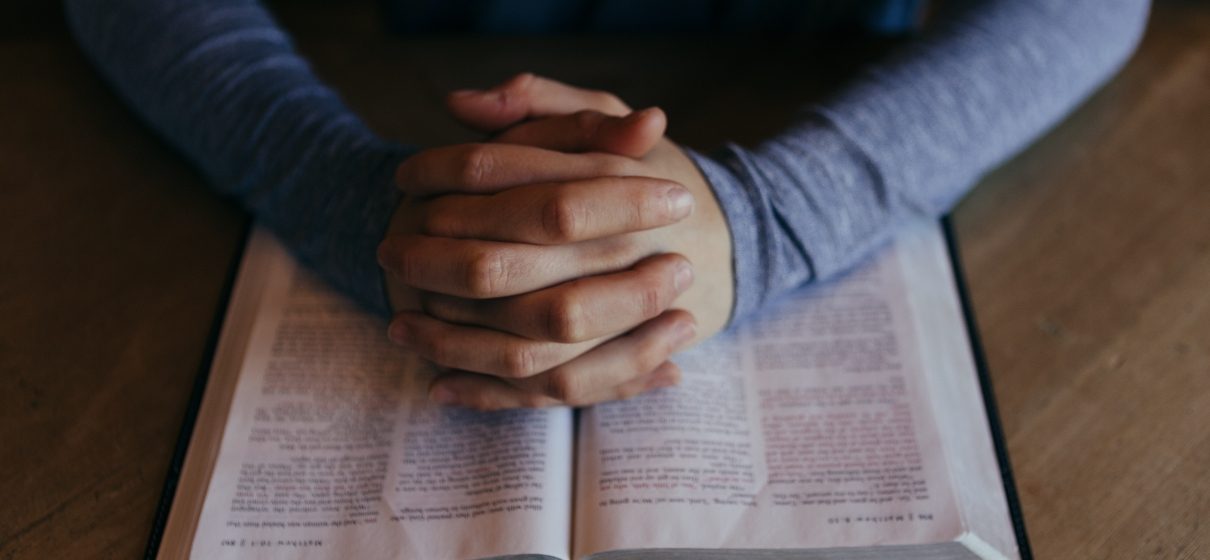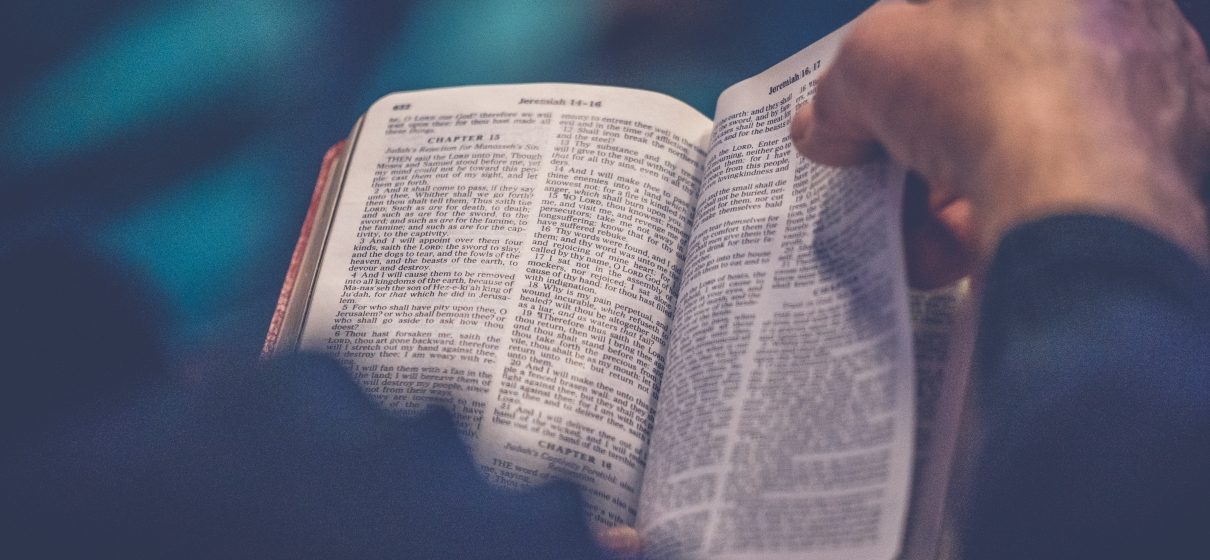Wash the Inside
Christians care a lot about behavior.
Usually, it’s with good intentions. We want to “do the right thing,” we want to “honor God,” and “not sin.” But why are our efforts oftentimes externally focused? We want to wash up the outside without worrying about the inside. Is this because it seems easier to us – a prescription we can easily follow without having to do any real work on our hearts?
A Pharisee, known for adherence to behavioral expectations, was astonished when Jesus did not follow the customary practice of washing himself before their meal. But Jesus responded with his own exhortation:
“Now you Pharisees cleanse the outside of the cup and of the dish, but inside you are full of greed and wickedness. You fools! Did not he who made the outside make the inside also? But give as alms those things that are within, and behold, everything is clean for you.”
– Luke 11:37-41
The problem with this “outside” approach is that it’s not very effective. How crazy would it be to take a dingy cup and wash only the outside, then drink from the dirty inside?
And yet, this is what we do!
When struggling with a pattern of behavior, a deeply ingrained habit, a sin struggle, we tell ourselves to just stop it. Does that ever work? As a counselor and a small group leader, I’ve seen this approach (and its failure) many times over the years. People think, “I need to just stop it!” But before they know it, they are back to the habit. I have done this myself, hoping to address the outside instead of washing the inside, and finding defeat. People scrub the outside of the dish over and over again, only to continue drinking from the dirty inside.
But, there is another serious problem with trying to clean only the outside: this approach is not biblical; it is not what God calls us to do. In fact, Jesus called out the Pharisees for this “outer only” technique. The Pharisees were all about cleaning the outside. They were big on religious rituals and ceremonial cleanliness and rule-following. They loved appearances, they loved praise from men, and from the outside they looked great. But, they thought their outer washing outweighed what was going on in their hearts. They thought that by putting on a good front, they were excused to think and feel whatever they wanted.
In the passage from Luke above, when Jesus says “give as alms those things that are within,” he means for the Pharisees, as well as us, to give offerings from the heart. An alm is an old-school term that usually refers to something material like food or money, given to the poor. But in this instance, Jesus speaks of the gifts that come from within: goodwill, love, grace, and pure motivations and thoughts. Everything we have to offer on the inside make that gift worthy to God before it comes out. Instead of focusing on the outside and what everyone else sees, God asks us to look within first.
This is the secret behind real and lasting change. With God at the helm, we clean the inside of the dish (our hearts and minds) surrendering it to him, and then the outside (our actions and words) follows.
A little over a decade ago, I was trying to address my sin struggles and really surrender my life to Jesus. I was angry, hurting, and hopeless, but a turning point came when I heard a sermon reminding me I was a new creation in Christ.
Therefore, if anyone is in Christ, he is a new creation. The old has passed away; behold, the new has come.
– 2 Corinthians 5:17
When we accept Christ as our sacrifice and savior and receive salvation in him, a monumental change happens within us. We truly become different – no longer under the dominion of sin. That fateful sermon was the first of many times I found myself crying as I realized my new identity, because the truth of God’s word was coming alive in my heart. In other words, I believed – I believed in Jesus and who I am as a result – and my heart began to change.
It starts with repentance.
Bring the inside of your dirty dish to him. Believe in his goodness and his forgiveness, and the result will be obedience. Your dish will be clean on the outside. This process of repenting and believing should never end, throughout your lives. When our lives are about repenting and believing, this is when what we do becomes something more.
It becomes redemption.










